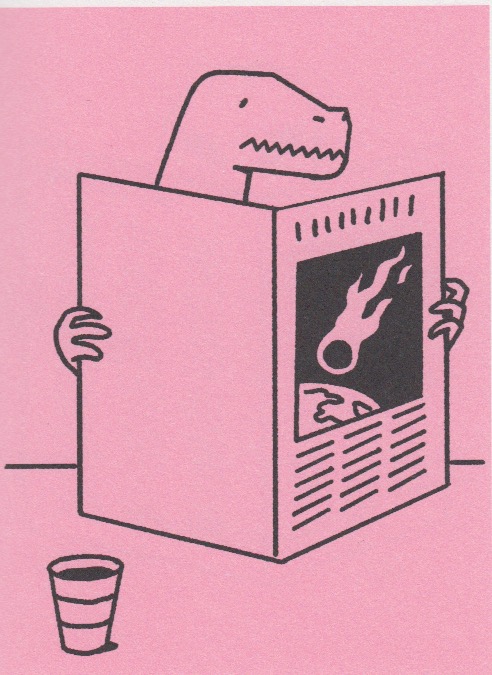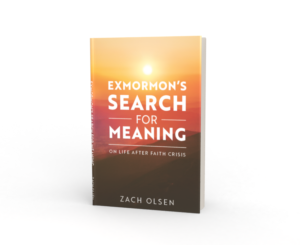Jenny Odell, in her book How To Do Nothing, tells the story of Masanobu Fukuoka, a Japanese farmer, philosopher and inventor of “do-nothing” farming. Fukuoka’s method of farming consisted of imitating nature: scattering seeds on the ground in the fall and then paying extremely close attention and doing everything at the right time. As it turns out, his methods produced more productive and sustainable crops than neighboring farms. Fukuoka sums up his insight that nature needs no interference by saying:
‘Humanity knows nothing at all. There is no intrinsic value in anything, and every action is a futile, meaningless effort.’
I laughed out loud when I read such a blunt and pessimistic statement. It also made me feel good.
I’ve alway been a fan of angry and depressing music. I like movies where the ending isn’t all buttoned-up and happy. Seemingly paradoxical sayings like, “Cheer up, there’s no hope,” are those that I feel do the most good to remind myself of. Whatever the form it comes in, why does pessimism feel good?
Some answers to that question may be that:
- Hearing other people be pessimistic reminds you you’re not alone in your sadness. Suffering is compounded with the belief that everyone else is doing fine. Pessimism reveals that this concern is gloriously unfounded. Your sadness isn’t a departure from the norm, but actually the basic default mode of human beings.
- Pessimism makes us feel small in a way which alleviates us from that agonizing sense of self-importance and egoism which is otherwise clinging to us. An unruly ego turns the smallest inconveniences into assaults on one’s pride that must be thwarted at all costs. How exhausting!
- A culture of optimism says, Anything is possible! Here are ten steps to success! Anyone can win if they try hard enough! When we believe that we are in 100% control of our destinies then what we swiftly develop are problems of self-esteem. If everybody expects to achieve everything, then an awful lot of people end up feeling that something’s gone dramatically wrong with their lives when their dreams don’t materialize. Rather than encouraging blame, pessimism can relieve it.
Maybe there are some deeper reasons for pessimism.
I like Jordan Peterson’s idea of revering the Bible for its stories, reasoning that any stories that we have been telling ourselves for so long must be, in some important sense, true. The story of Adam and Eve is one such helpful story in understanding the tradeoffs we get with gaining self-consciousness. We, like Adam and Eve, are cursed and blessed by eating the forbidden fruit, i.e., consuming information. By learning about the real nature of life we became as the Gods, discovering the most pessimistic idea — that we will die — but also gaining wisdom on how to live.
After obtaining self-consciousness, the threat of pessimism is that it is a slippery-slope; that if we let ourselves be pessimistic we’ll end up thinking that life is meaningless suffering, utterly futile, to which the only rational response is nihilism. So to combat this impulse, we pursue the fabled state of removing suffering altogether — the objective of our culture’s obsession with optimism — that would have us believe that removing suffering is possible with enough effort, possessions, money or adherence to supernatural superstitions.
But there is a third way. Not avoidance, not denial; but transcending suffering. Pessimism need not be a slippery slope. What looks like pessimism can also be a mature state of accepting that life is suffering, we’re all doomed, and yet, recognize that there are some things in life still worth fighting for. Our job as mature adults is not to let the information of good and evil, that everything that lives must die, make us bitter and resentful or cover it up with vain pursuits. To ‘get back to the garden,’ in other words, is to become a fully conscious human adult. Pessimism feels good because it reminds us of that fundamental job. It reminds us that all of our efforts to distract ourselves enough to avoid suffering are futile so we can go back to the hard work of acceptance of what is. For the adult, pessimism doesn’t make you think that life is meaningless, it simply acts as a reminder to readjust your priorities. Most of the things that make us upset, consume our minds, cause stress and drain us of energy are inconsequential trivialities.
Give up, or don’t, we die either way!






